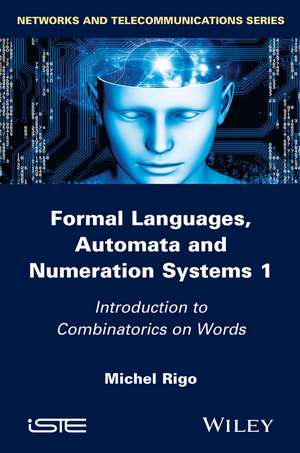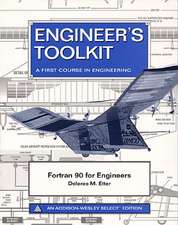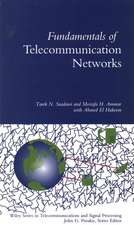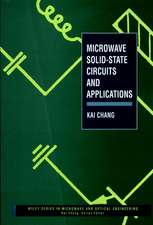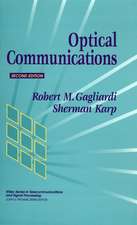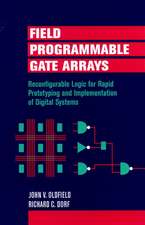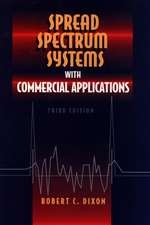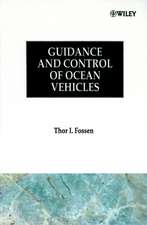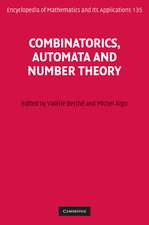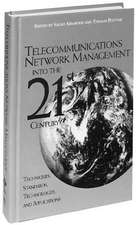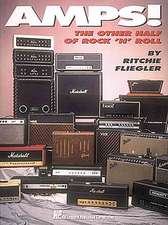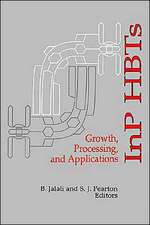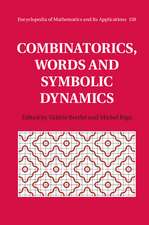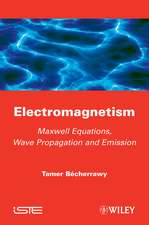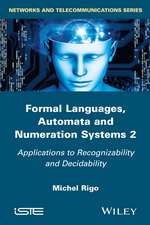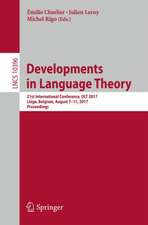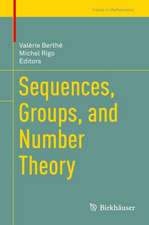Formal Languages, Automata and Numeration Systems Volume 1
Autor M Rigoen Limba Engleză Hardback – 3 noi 2014
Preț: 985.74 lei
Preț vechi: 1083.23 lei
-9% Nou
Puncte Express: 1479
Preț estimativ în valută:
188.64€ • 204.84$ • 158.46£
188.64€ • 204.84$ • 158.46£
Carte tipărită la comandă
Livrare economică 22 aprilie-06 mai
Preluare comenzi: 021 569.72.76
Specificații
ISBN-13: 9781848216150
ISBN-10: 1848216157
Pagini: 338
Dimensiuni: 171 x 244 x 25 mm
Greutate: 0.65 kg
Ediția:Volume 1
Editura: ISTE Ltd.
Locul publicării:Hoboken, United States
ISBN-10: 1848216157
Pagini: 338
Dimensiuni: 171 x 244 x 25 mm
Greutate: 0.65 kg
Ediția:Volume 1
Editura: ISTE Ltd.
Locul publicării:Hoboken, United States
Public țintă
Graduate students in mathematics and computer science, researchers, scholar readership.University libraries, mathematical societies (like American Math. Soc.), other scientific societies.
